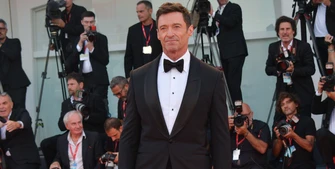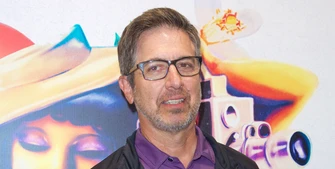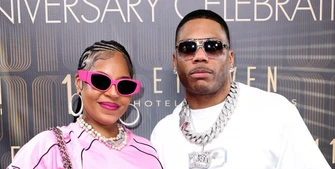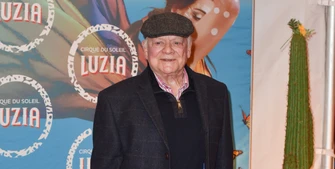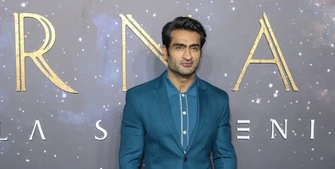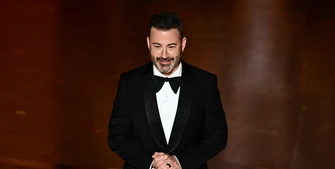Lupita Nyong'o: It was a gift to speak Spanish in Black Panther 2
Lupita Nyong'o never in a million years imagined being asked to speak Spanish in a Marvel blockbuster.
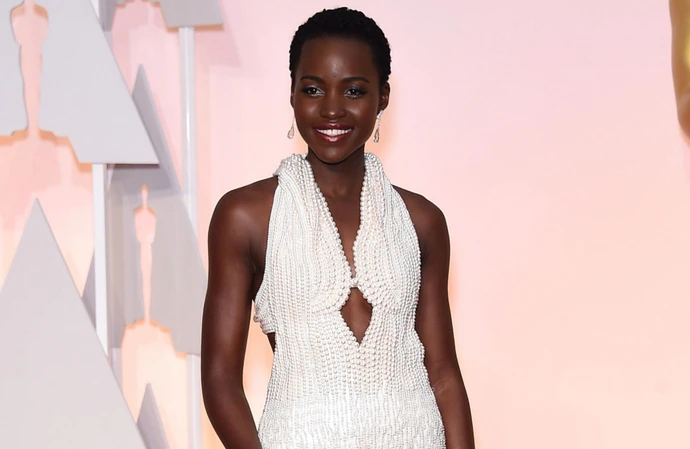
Lupita Nyong'o says getting to speak Spanish in 'Black Panther: Wakanda Forever' was a dream come true.
The 39-year-old Kenyan-Mexican actress was born in Mexico City and admitted it was a "gift" to get to converse in her native tongue in the Marvel blockbuster.
Lupita told Entertainment Weekly: “I was so excited about it.
“It was just a straight gift. And I was very, very happy to do it… I’ve always wanted to work in Spanish and never in my wildest dreams did I imagine that that opportunity would come in 'Black Panther'.”
She added: "Being born in Mexico and having that Mesoamerican culture represented, it’s something that’s very close to me.”
Lupita's Nakia got to speak Spanish and other indigenous languages with the introduction of villain Namor, played by fellow Mexican Tenoch Huerta.
Speaking about 2018's 'Black Panther', she added: “I always thought that was a very cool thing from the last movie that she spoke Korean, and I always thought that had never been seen before."
Meanwhile, director Ryan Coogler has credited Jason Momoa's Aquaman in the rival DC movie of the same name for paving the way for Namor.
The filmmaker told Uproxx: “I do think that having Aquaman out in the world, in film language, and being successful in the marketplace, I think it was a great bit of indirect guidance for us to lean into the things that made Namor different from Aquaman. Just out of respect to the audience because a lot of people saw that movie. A lot of people love that movie. It was our task to, obviously, put our heads down and blinders on and make our movie, but also have a sense of awareness of what the marketplace might want to respond to, and might be interested in. I think giving people something different, if you can give somebody something good, that’s also unique, I think it’s always better. We wanted to lean into the things that make those two characters different from each other because they have a lot of other similarities in publishing.”


